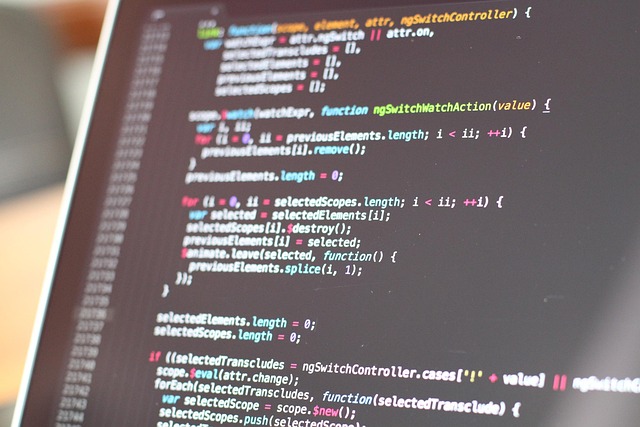
“Unveiling the Power of Programming Paradigms: A Coding Perspective”
Unveiling the Power of Programming Paradigms: A Coding Perspective
Programming is an art form, a sophisticated dance between logic and creativity. At the core of this art lies the concept of programming paradigms. These paradigms are the guiding philosophies that dictate how we express our instructions to a computer, shaping the way we design, write, and think about code. Understanding these paradigms can fundamentally change your approach to solving problems and designing software.
The Essence of Programming Paradigms
Each programming paradigm offers a unique perspective on how to tackle coding challenges. From the structured nature of procedural programming to the flexibility of object-oriented programming, each paradigm serves a purpose surrounded by its own set of principles and methodologies. They help programmers frame their thoughts in a manner that aligns with the problem domain they are working within.
Common Programming Paradigms
- Procedural Programming: This is often where coding journeys begin. It focuses on a linear top-down approach, breaking down tasks into procedures or functions. Think of it like following a recipe; each step leads to the next, providing clarity and structure.
- Object-Oriented Programming: OOP introduces the idea of encapsulating data and behavior into objects. It’s akin to modeling the real world, allowing developers to create software that is more modular and reusable. OOP brings a sense of organization and helps manage complexity in larger systems.
- Functional Programming: This paradigm emphasizes the use of functions as first-class citizens and facilitates a declarative programming style. It encourages programmers to think about transformations of data rather than how to manipulate it, fostering a more mathematical approach.
- Declarative Programming: In contrast to imperatively telling the computer how to do things, declarative programming focuses on what to accomplish. Think SQL for data queries, where you state what you want rather than how to get it. This leads to cleaner, more readable code.
Why Embracing Different Paradigms Matters
Dabbling in different programming paradigms is not just about acquiring new skills; it’s about expanding your cognitive toolbox. Each paradigm provides a different lens through which to view problems. By understanding multiple approaches, you can pull the best techniques from each, leading to innovative solutions.
For instance, you might use OOP principles to structure a large application, yet apply functional programming techniques to manage small tasks. This hybrid approach can enhance code quality, improve performance, and make systems easier to maintain.
The Journey of Growth
As a programmer, evolving your skills and embracing various programming paradigms is a crucial part of your journey. It requires openness to learning and experimentation. Whether you are a novice or an experienced developer, taking a moment to explore paradigms outside your comfort zone can reveal new patterns in your thinking and coding practices.
In a tech landscape that continuously evolves, adapting and understanding different programming paradigms will not only enhance your effectiveness but also keep your passion for coding alive. Each new piece of knowledge is a step toward becoming a more adept and versatile programmer.
So, dive into the world of programming paradigms, and let them guide you toward richer, more rewarding coding experiences!



